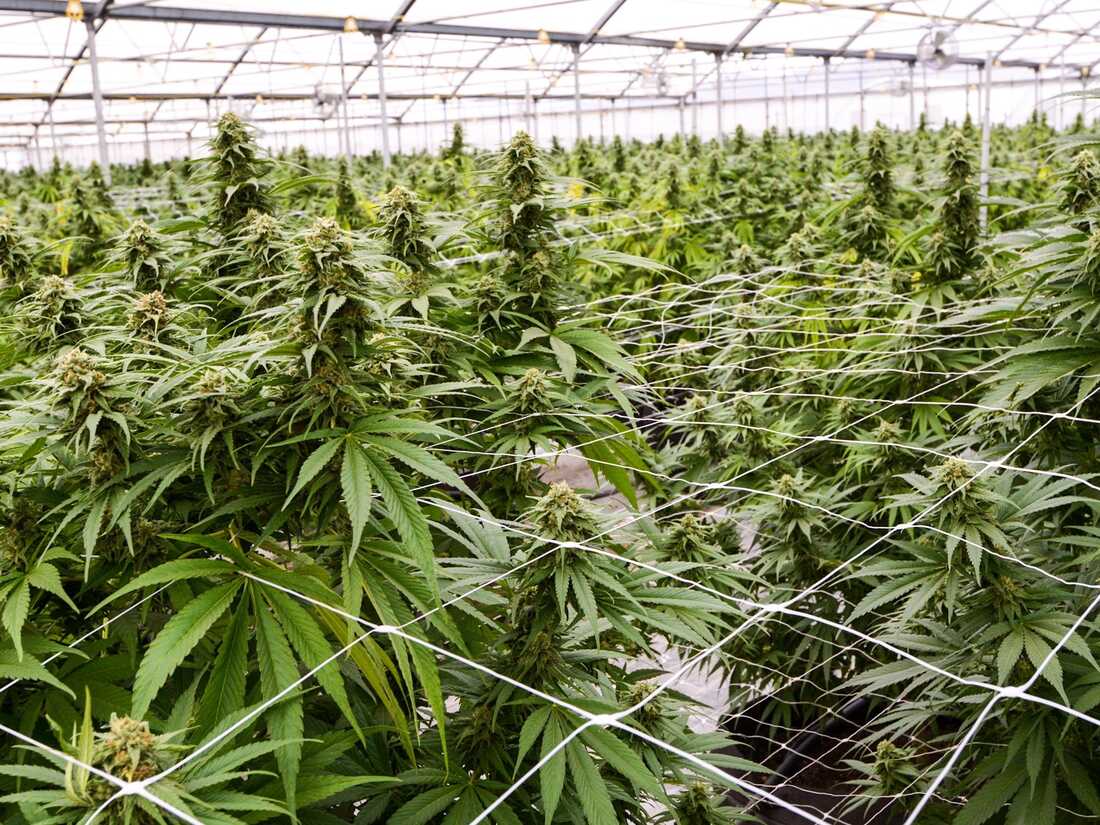Situate a Close-by Medical Marijuana Dispensary for High Quality Products
Situate a Close-by Medical Marijuana Dispensary for High Quality Products
Blog Article
Shedding Light on What Medical Marijuana Can Heal: an Extensive Analysis of Its Therapeutic Characteristics
In recent years, there has been a growing passion in the therapeutic possibility of clinical marijuana. While anecdotal evidence is plentiful, a detailed assessment of the scientific data pertaining to the efficiency of clinical marijuana in treating these problems is necessitated.
Chronic Discomfort Monitoring
Persistent discomfort administration remains an important element of clinical care, demanding a thorough method for reliable therapy. In recent times, clinical marijuana has actually emerged as a possible healing alternative for people dealing with persistent discomfort conditions. The endocannabinoid system, which plays a crucial role suffering inflection, has actually been targeted by cannabis-based therapies to improve and alleviate symptoms high quality of life for clients.

Furthermore, clinical cannabis offers an appealing option for clients that experience unbearable negative effects from typical discomfort medications. Its capacity to deal with pain through a various mechanism makes it a beneficial addition to the arsenal of therapies offered for persistent pain monitoring.
Epilepsy Therapy Prospective
Clinical cannabis has actually shown encouraging capacity in the therapy of epilepsy, offering a novel therapeutic technique for managing seizures in individuals. Epilepsy is a neurological disorder characterized by persistent seizures, influencing people of every ages. Standard treatments for epilepsy consist of antiepileptic medicines, but these medicines might not be efficient for all patients and can have considerable adverse effects.
Research study on making use of medical cannabis for epilepsy has actually disclosed encouraging outcomes. Cannabidiol (CBD), a non-psychoactive substance located in cannabis, has actually been particularly highlighted for its anticonvulsant properties. Research studies have revealed that CBD can reduce the frequency and extent of seizures in individuals with treatment-resistant forms of epilepsy, such as Dravet syndrome and Lennox-Gastaut disorder.
In Addition, the FDA has actually authorized a CBD-based medication, Epidiolex, for the treatment of seizures related to these serious types of epilepsy. This landmark highlights the growing recognition of medical cannabis as a useful therapeutic option for managing epilepsy and offers wish for clients who have not responded well to conventional treatments.
Nausea Or Vomiting Alleviation Conveniences
The reduction of nausea via the usage of marijuana has been progressively identified for its therapeutic advantages in numerous clinical problems. Nausea or vomiting and throwing up are usual signs experienced by individuals undergoing chemotherapy, those with intestinal disorders, and people with chronic pain conditions. Medical marijuana, with its energetic compounds such as THC and CBD, has shown assurance in giving alleviation from nausea or vomiting.

Additionally, medical marijuana provides an all-natural choice for individuals who do not react well to standard anti-nausea medications or that experience extreme negative effects from these medicines. People going through chemotherapy, specifically, have actually reported considerable improvements in their lifestyle when utilizing marijuana to take care of nausea or vomiting. As research study around remains to expand, medical cannabis is progressively being thought about as a valuable option for queasiness alleviation in different medical setups.
Anxiousness Decrease Impacts
Researches have demonstrated the possibility of marijuana in minimizing anxiety signs via its communication with the endocannabinoid system. The endocannabinoid system plays a vital role in controling feelings, including anxiousness, by maintaining homeostasis in the body. Cannabinoids in marijuana, such as THC and CBD, connect with the endocannabinoid receptors in the mind, especially the CB1 and CB2 receptors, to modulate anxiety-related reactions.

Individuals with conditions like generalised anxiety condition (GAD), social stress and anxiety problem, and trauma (PTSD) might linked here gain from the anxiolytic residential properties of marijuana (Medical Marijuana near me). Nevertheless, additional study is required to establish optimal does, delivery methods, and long-term effects on anxiety management.
Potential for Inflammation Control
With its known anti-inflammatory homes, cannabis has revealed pledge in possibly managing swelling within the body. Inflammation is the body's all-natural feedback to injury or infection, yet when it comes to be persistent, it can add to different diseases such as joint inflammation, inflammatory digestive tract illness, and even heart problem. Research recommends that the cannabinoids located in marijuana, such as THC and CBD, can aid reduce and control the immune action inflammation.
Studies have revealed that cannabis can engage with the endocannabinoid system, which plays a critical duty in controling inflammation. By targeting the cannabinoid receptors, marijuana compounds can modulate the immune response, bring about a reduction in inflammation degrees. This makes cannabis a potential prospect for managing inflammatory problems where conventional therapies have dropped short.
Furthermore, cannabis-derived items like CBD oil have actually gotten popularity for their anti-inflammatory residential or commercial visite site properties, with several individuals utilizing them as a natural remedy for problems associated with swelling. While more research is required to completely recognize the systems behind marijuana's anti-inflammatory impacts, present findings show encouraging results for the possible use medical marijuana in controlling inflammation.
Verdict
To conclude, clinical cannabis has actually revealed promising restorative residential properties in handling persistent discomfort, treating epilepsy, eliminating queasiness, decreasing stress and anxiety, and regulating inflammation. Its potential benefits in numerous medical problems highlight the relevance of further research study my site and exploration right into its medical use. The evidence suggests that medical marijuana can be a valuable option treatment choice for individuals looking for relief from a variety of signs and problems.
In recent years, clinical marijuana has emerged as a prospective healing alternative for people suffering from persistent pain conditions.Medical cannabis has shown encouraging potential in the therapy of epilepsy, offering an unique healing technique for taking care of seizures in people. As research in this location proceeds to grow, medical cannabis is progressively being thought about as a useful choice for queasiness alleviation in different medical settings.
In conclusion, clinical marijuana has actually shown promising therapeutic residential or commercial properties in taking care of persistent discomfort, dealing with epilepsy, easing queasiness, lowering anxiety, and regulating swelling. The evidence suggests that clinical marijuana could be a valuable alternative treatment alternative for people seeking relief from an array of signs and symptoms and conditions.
Report this page